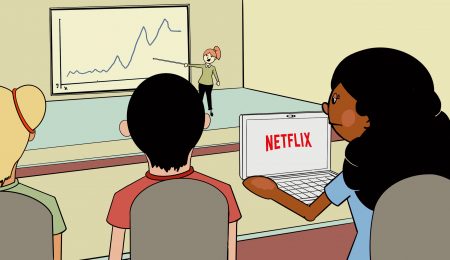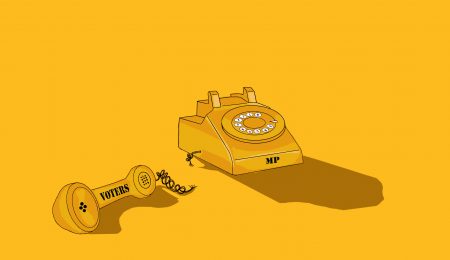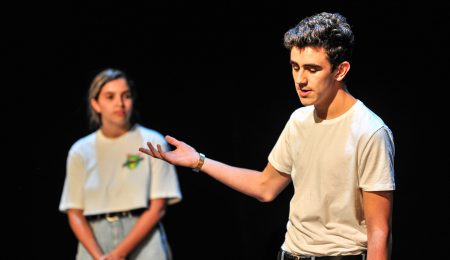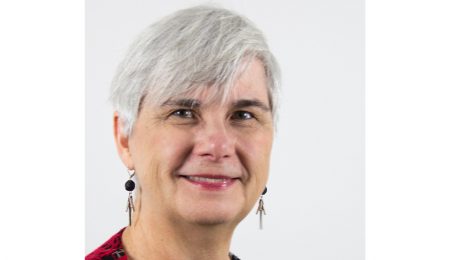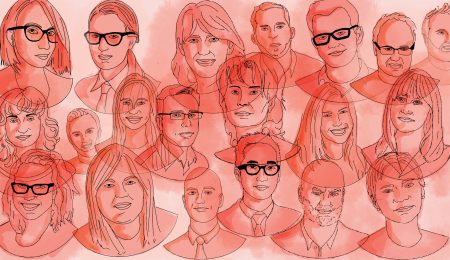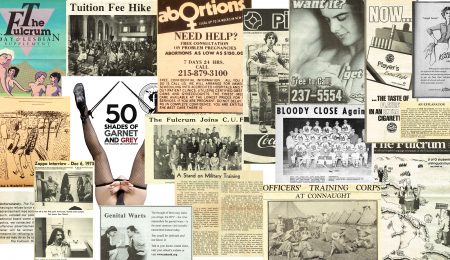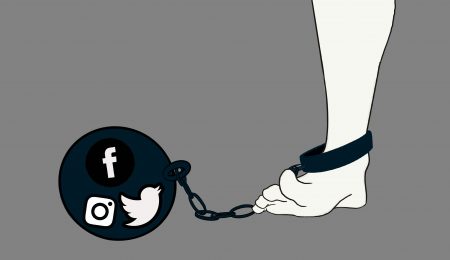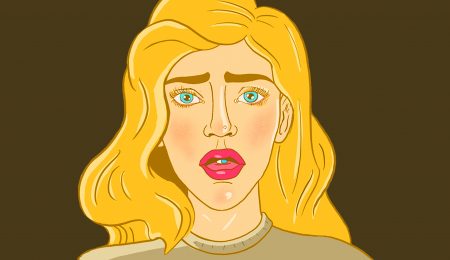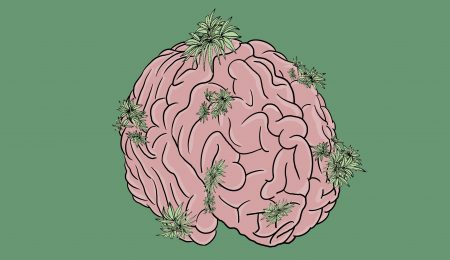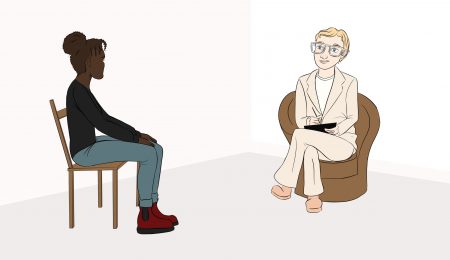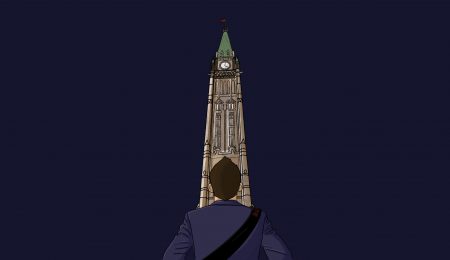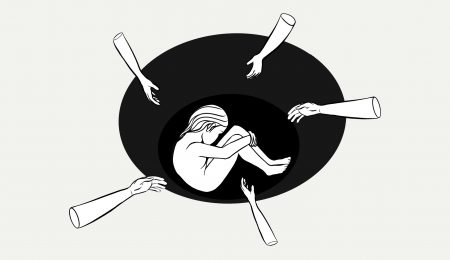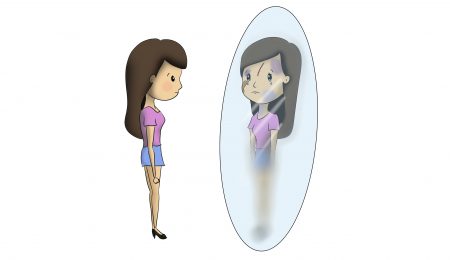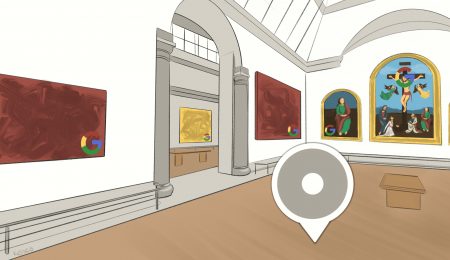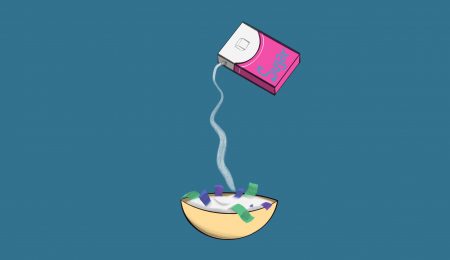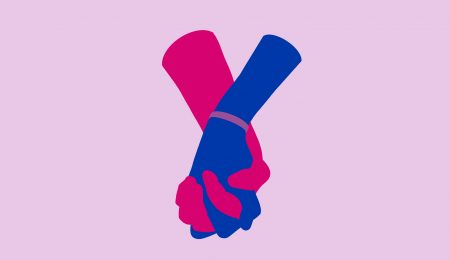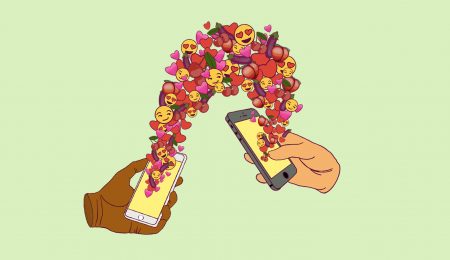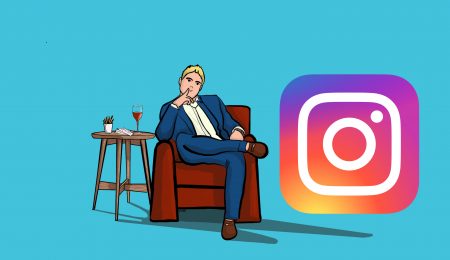“In the early nineties, we worried about kids passing notes, that was a distraction in class. We were taught how you intercept notes and the protocol on note-passing. We’ve just way surpassed that,” one local high school teacher says.
Features
Art is being used as a therapeutic tool more and more often — but artists are faced with a higher probability of mental illness than the general population.
Is party discipline a necessarily Canadian political institution or is suffocating the democratic process?
High school students are using theatre to keep the stories of abuse and perseverance at Bell High School alive at Ottawa’s Fringe Festival.
Leslie Weir, the University of Ottawa’s former university librarian, has been appointed as the next librarian archivist of Canada
The incidence rate for shingles has been increasing among many age groups, but experts aren’t exactly sure why.
“School’s great, but getting involved with the Fulcrum is so much better.” — Katherine DeClerq, Fulcrum alum.
From the waging of war to the negotiation of peace and the formation of institutions to maintain it, the Fulcrum has witnessed and documented it all since its establishment in 1942.
Based on numerous trips to the U of O’s archives and interviews with alumni, this is the unofficial history of the Fulcrum.
“It’s been a technological crisis for the last decade or so, and an advertising crisis, and now it’s sort of an existential crisis. If these things don’t exist – if the reporters and the institutions disappear from towns, campuses, cities, provinces – all of a sudden it’s just news darkness.” — Brett Popplewell, journalism professor at Carleton University.
“It’s a scary world … I’m just thankful to not have been a teenager in the world of the iPhone.” — Lynne McInally, clinical social worker, therapist and instructor at Humber College.
When it comes to chronic pain, mental and physical illness are often inextricably linked.
“For some people it’s almost a joke, like ‘yeah yeah yeah I had my ADHD day yesterday … when we know … it’s so different to have it 24/7.”
For some regular cannabis consumers, the immediacy of relaxation that cannabis brings on has been enough of a reason to consider it as a day-to-day treatment for anxiety and stress.
“It’s a responsibility I think as healthcare providers to be able to understand and to be more sensitized to the different backgrounds your patients are coming from. I’m sitting here in your office, you’re my therapist, it’s not my job to be like ‘Well no, this is how immigrant parents think.’ You need to step up and educate yourself.”
The Fulcrum spoke to three students with different perspectives on youth political involvement to explore their insights and opinions into mental health. It became a brief but telling exploration of the challenges, supports, and lessons of staying healthy in the halls of power.
When the only thing we can do is hate ourselves, you remind us of all the reasons to do the opposite. When we can’t love ourselves, you do.
“These are the things I hold close when I remember that while growing up I contended with some things that no ten-year-old should.”
“Not everyone has access to bricks-and-mortar museums … The opportunity to view art online offers increased accessibility to visual culture.”
“It’s such easy money, like the easiest money ever … I was just rolling in money.”
“You feel like a completely different person when you’re on it.”
“For some of us, we also experience the confusion of sexuality from a young age, and figuring out where you land on the sexuality spectrum can be the most difficult experience of all.”
“If we do stay the night, we leave before the sun comes up to avoid the awkward intimacy of the morning after in favour of an uncomfortable Uber ride or the occasional walk home.”
Ty’s collected some of his favourite questions, with some brand new answers.
“Staking a claim on who we get to date just because we’re perceived to be members of a specific community is ignorant and hurtful. It restricts love, and love should never be restricted.”

